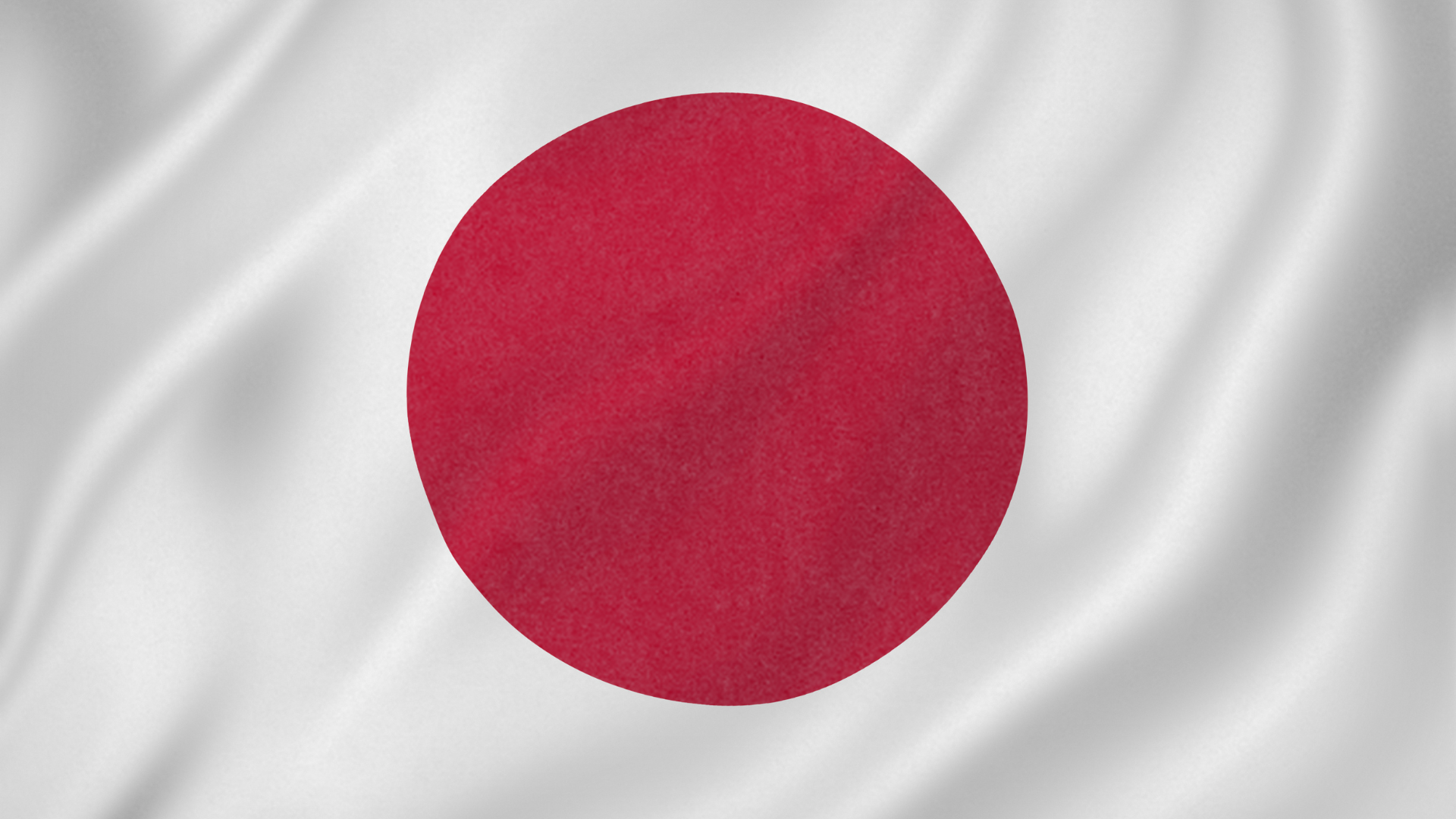The recent signing of a security cooperation agreement between the Philippines and the United Arab Emirates (UAE) marks a significant development in the country’s ongoing efforts to combat transnational crimes and enhance national security. Finalized on April 22, 2025, the pact aims to address shared concerns such as terrorism, cybercrime, human trafficking, and the illegal drug trade by fostering closer collaboration between law enforcement agencies of both nations. This timely alliance could prove transformative for the Philippines, which continues to face threats from cross-border criminal networks that challenge both its safety and sovereignty.
The agreement is expected to bolster the country’s intelligence and surveillance capabilities by facilitating real-time data exchange and collaborative investigations. This means that Philippine authorities can better anticipate and respond to threats, improving their capacity to prevent incidents before they occur. Moreover, the pact is particularly significant for the protection of Overseas Filipino Workers (OFWs) in the UAE, as it supports efforts to crack down on illegal recruitment and human trafficking—issues that have long plagued vulnerable Filipino migrants. With joint training programs and shared resources, the Philippines will also benefit from the UAE’s advanced experience in counterterrorism, further strengthening domestic efforts to combat extremist threats, particularly in conflict-prone areas such as Mindanao.
In addition to traditional security concerns, the agreement also addresses the increasingly critical domain of cybersecurity. With the rise of cybercrime targeting both government and private sectors, enhanced cooperation with the UAE can help fortify the Philippines’ digital infrastructure, safeguard sensitive data, and prevent cyberattacks that could disrupt national operations. Beyond its immediate practical benefits, the pact signals a strategic shift in the Philippines’ approach to global security alliances. By forging closer ties with a non-Western partner, the country is broadening its network of allies, positioning itself as an active contributor to international efforts against crime and terrorism.
Ultimately, the PH-UAE security pact stands as a proactive response to the complex challenges posed by transnational threats. It demonstrates the Philippines’ resolve to protect its citizens—both at home and abroad—through smart diplomacy, strategic partnerships, and modern security strategies. As the world becomes more interconnected, such alliances are not only beneficial but essential in ensuring peace, safety, and long-term stability.






